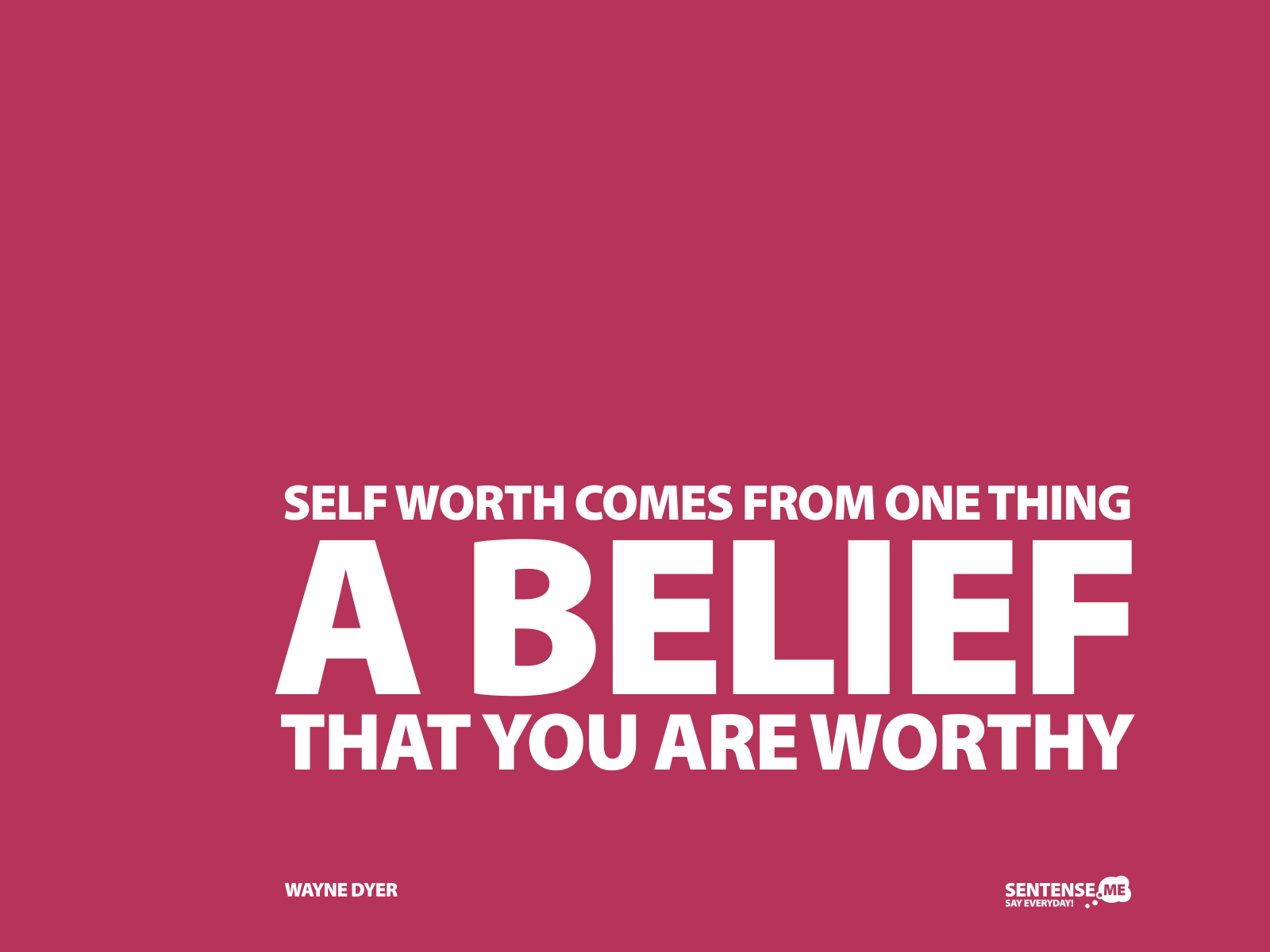Behaviour is linked to how we act and feel and Albert Ellis' ABC Theory of Emotional Disturbance is a useful tool to help us (teachers, counsellors, parents) understand what is 'making' that behaviour.
Should ought and must believing characterise a mindset that generates extreme negative feelings and self defeating behaviours. These constructions have taken away the individuals ability to think and act independently. How?
Conditioned to live up to the expectations of others may render the individual impotent, powerless and paralysed. Consider young Sharon who was brought up to be a good girl. Her parents told her that she should always 'be' polite and she should never 'be' impolite. Polite people were good and 'impolite' people were bad. Sharon strove to be a good girl and to please her parents who would tell her how good she was when she did good. You know the story. Sharon developed extreme anxiety about making mistakes and 'disappointing' others. She would often not attempt things if she thought there was a chance she could stuff up etc etc. All up Sharon danced to the beat of someone elses drum:
..and the list goes on.
Ellis coined some interesting turns of phrase like musturbation; the tendency to think in musts (and oughts and shoulds). Rational Emotive Behaviour Education helps children develop the ability to question and challenge what underlies the extreme unhelpful emotions and behaviours that conspire against them. Better to think in preferences like:
A habit of doing something is linked to a habit of thinking (believing) something. The habit of doing won't change until the habit of thinking that underlies it is changed. This can only be done if the students:
Should ought and must believing characterise a mindset that generates extreme negative feelings and self defeating behaviours. These constructions have taken away the individuals ability to think and act independently. How?
Conditioned to live up to the expectations of others may render the individual impotent, powerless and paralysed. Consider young Sharon who was brought up to be a good girl. Her parents told her that she should always 'be' polite and she should never 'be' impolite. Polite people were good and 'impolite' people were bad. Sharon strove to be a good girl and to please her parents who would tell her how good she was when she did good. You know the story. Sharon developed extreme anxiety about making mistakes and 'disappointing' others. She would often not attempt things if she thought there was a chance she could stuff up etc etc. All up Sharon danced to the beat of someone elses drum:
- I must do well and achieve my goals
- I must not offend, disappoint, let others down
- I should always be polite
- Others should treat me well; they're bad if they don't
..and the list goes on.
Ellis coined some interesting turns of phrase like musturbation; the tendency to think in musts (and oughts and shoulds). Rational Emotive Behaviour Education helps children develop the ability to question and challenge what underlies the extreme unhelpful emotions and behaviours that conspire against them. Better to think in preferences like:
- I'd prefer to reach my goals and succeed. (It's OK to try and fail I am not a failure).
- I'd prefer others to approve of me and appreciate my qualities and capabilities. (It's OK for others to challenge and criticise my actions or other qualities. My worth is not at risk unless I believe it is!)
- I'd like things to work out for me. (I expect that life will throw up challenges to me - that's how it goes!)
A habit of doing something is linked to a habit of thinking (believing) something. The habit of doing won't change until the habit of thinking that underlies it is changed. This can only be done if the students:
- Know that thinking feeling and doing are connected
- Know what they believe 'makes' them act and feel as they do
- Work hard to replace their 'must' beliefs with 'preference' thinking
 |
| A rational and healthy perspective on the self |
Comments
Post a Comment